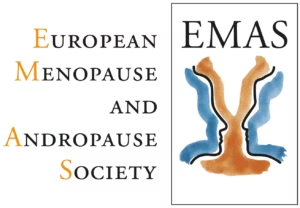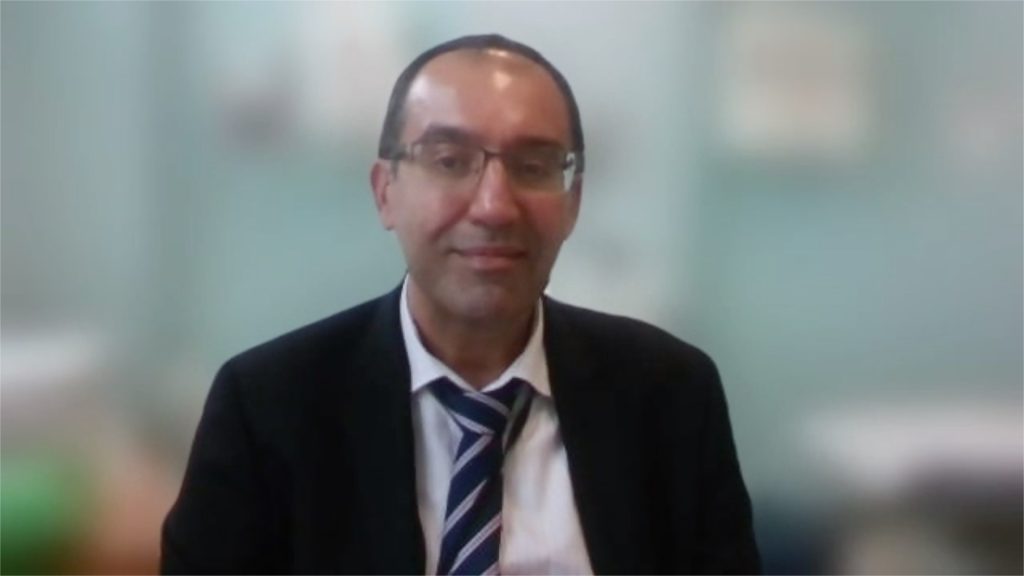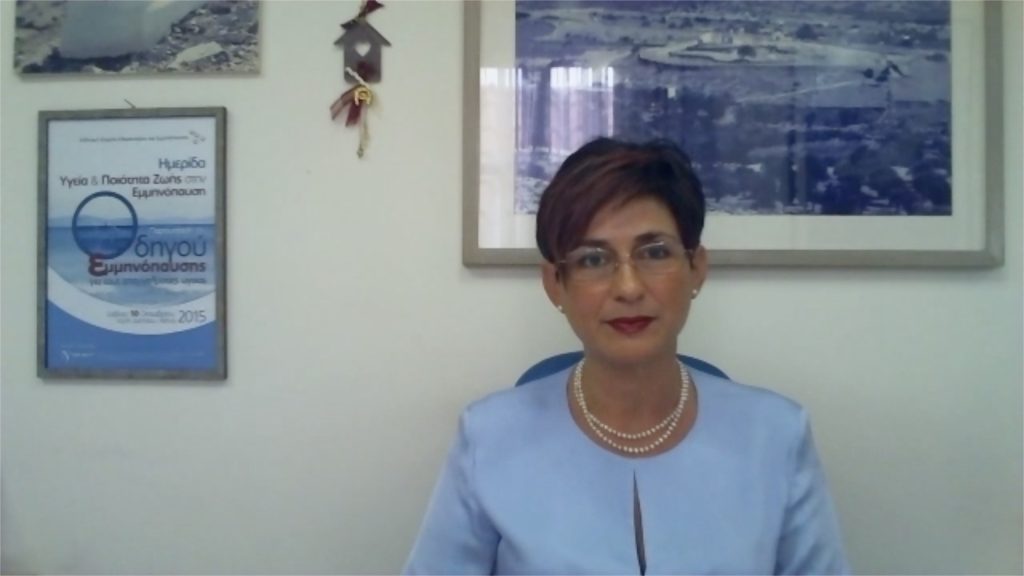 In this Q&A, touchENDOCRINOLOGY speaks with Prof. Petra Stute, President of the European Menopause and Andropause Society (EMAS), as she reflects on the key scientific and clinical takeaways from the EMAS Congress 2025. Prof. Stute discusses the growing role of AI in personalized menopause care, emerging insights into neurocognitive health in midlife women, and the expanding landscape of non-hormonal treatment options. Drawing on her leadership of the EMAS Junior Mentorship Programme, she also shares valuable lessons on mentorship, international collaboration, and building sustainable career pathways for early-career professionals. With clarity and vision, Prof. Stute underscores the need for innovation, inclusivity, and bold leadership to ensure women’s health receives the recognition and investment it deserves.
In this Q&A, touchENDOCRINOLOGY speaks with Prof. Petra Stute, President of the European Menopause and Andropause Society (EMAS), as she reflects on the key scientific and clinical takeaways from the EMAS Congress 2025. Prof. Stute discusses the growing role of AI in personalized menopause care, emerging insights into neurocognitive health in midlife women, and the expanding landscape of non-hormonal treatment options. Drawing on her leadership of the EMAS Junior Mentorship Programme, she also shares valuable lessons on mentorship, international collaboration, and building sustainable career pathways for early-career professionals. With clarity and vision, Prof. Stute underscores the need for innovation, inclusivity, and bold leadership to ensure women’s health receives the recognition and investment it deserves.
The EMAS Congress 2025 was a powerful demonstration of how science, technology, and patient-centred care are transforming the menopause landscape. One of the most striking developments was the integration of AI and digital tools into routine menopause care, particularly for symptom tracking, hormone interpretation, and therapy personalization. We also saw growing attention to neurocognitive health in midlife women, with new data linking vasomotor symptoms, sleep disturbance, and brain fog to accelerated neural aging, a finding that may reshape how we prioritize treatment strategies. Clinically, the continued validation of non-hormonal therapies, from neuroactive agents to CBT-I (cognitive behavioural therapy for insomnia), offers new avenues for women who cannot or do not wish to use MHT. Together, these advances underscore the shift towards precision medicine in midlife care and the importance of multidisciplinary collaboration; themes that EMAS will continue to champion.
Leading the EMAS Junior Mentorship Programme was a deeply fulfilling experience. I learned that early-career professionals don’t just need scientific input, they need encouragement, structure, and access. Mentorship provides a safe space to ask questions, challenge assumptions, and build confidence. Particularly in a niche and often underfunded field like menopause medicine, structured mentorship can help overcome the isolation many junior colleagues experience. It also allows the next generation to gain insight into academic careers, clinical innovation, and leadership development early on. A well-designed mentorship programme creates continuity and community, and that’s exactly what the field of midlife women’s health needs to thrive. One of the key takeaways for me is that mentorship is not one-directional: it fosters mutual learning and a vibrant, inclusive professional culture.
Mentorship is only the starting point. To truly support early-career professionals, societies like EMAS need to provide structured, visible pathways into the heart of academic and clinical activity. This includes dedicated funding calls for junior-led research, travel and presentation grants, and editorial opportunities in society journals. It also means creating “junior seats” in working groups, task forces, and policy discussions, not as symbolic roles, but with real responsibilities and impact. International collaboration is especially vital: EMAS can act as a bridge between national contexts, facilitating exchange programmes, shared datasets, and cross-border mentorship. By offering visibility, voice, and responsibility, we not only retain talent in the field but actively shape a next generation of globally connected leaders.
My advice is simple: be visible, be interdisciplinary, and don’t wait for permission. Women’s health — particularly around midlife — is gaining traction but still lacks the mainstream recognition it deserves. That makes it a fertile ground for innovation and leadership. Engage actively in your professional society, build a network that spans disciplines, and be open to digital tools and data-driven research; this is where the future lies. If you can, find mentors who challenge and support you in equal measure. And above all, stay authentic to your values. Leadership is not just about titles; it’s about creating impact, fostering collaboration, and making sure women’s health is no longer overlooked.
About Professor Petra Stute
Prof. Petra Stute is President of the European Menopause and Andropause Society (EMAS) and Deputy Director of Gynecological Endocrinology and Reproductive Medicine at the Department of Obstetrics and Gynecology, Inselspital Bern, Switzerland. She also serves as Director of the Menopause Center at Inselspital. A board-certified specialist in gynecology, obstetrics, and gynecological endocrinology, Prof. Stute has held senior academic and clinical positions in both Germany and Switzerland. She earned her medical degree from Justus Liebig University in Giessen and completed dual habilitations at the Universities of Münster and Bern.
Prof. Stute is actively engaged in research, teaching, and mentorship, having supervised over 100 graduate and postgraduate theses and mentored extensively through national and international programs. Her academic interests span menopause, hormone therapy, women’s midlife health, and preventive medicine. She sits on multiple editorial boards and scientific committees, and she has been a prominent voice in shaping clinical guidelines and policy across Europe. Prof. Stute is also a board member of several professional societies, reflecting her ongoing commitment to advancing women’s health through interdisciplinary collaboration, education, and leadership.
About European Menopause and Andropause Society (EMAS)
Since 1998, EMAS has been dedicated to promoting health and well-being for individuals in midlife and beyond. As a leading international medical society, EMAS advances menopause and post-reproductive health through research, education, and advocacy. With members and affiliated societies worldwide, EMAS champions evidence-based, inclusive, and collaborative care to support healthier aging.
Disclosures: This short article was prepared by touchENDOCRINOLOGY in collaboration with Prof. Petra Stute. touchENDOCRINOLOGY utilize AI as an editorial tool (ChatGPT (GPT-4o) [Large language model]. https://chat.openai.com/chat.) The content was developed and edited by human editors. No fees or funding were associated with its publication.
Cite: Petra Stute. Shaping the Future of Midlife Health: A Conversation with EMAS President Petra Stute. touchENDOCRINOLOGY. July 24th, 2025.
SIGN UP to touchENDOCRINOLOGY!
Join our global community today for access to thousands of peer-reviewed articles, expert insights, and learn-on-the-go education across 150+ specialties, plus concise email updates and newsletters so you never miss out.







